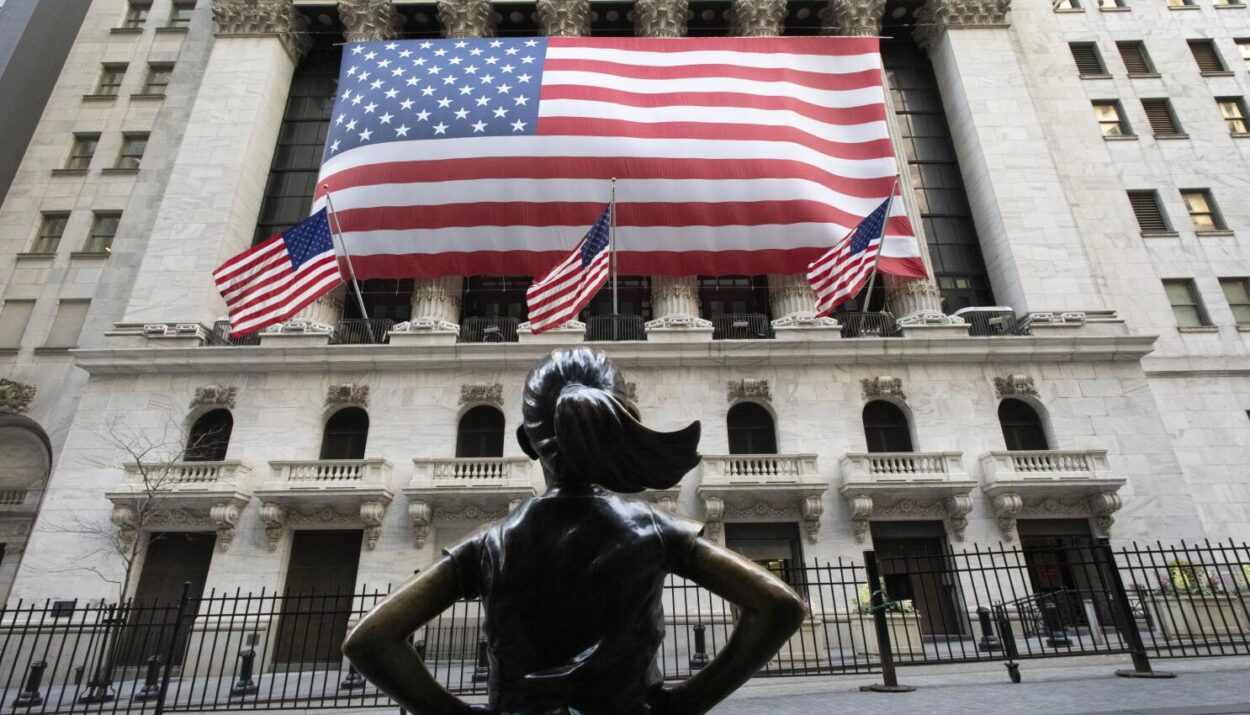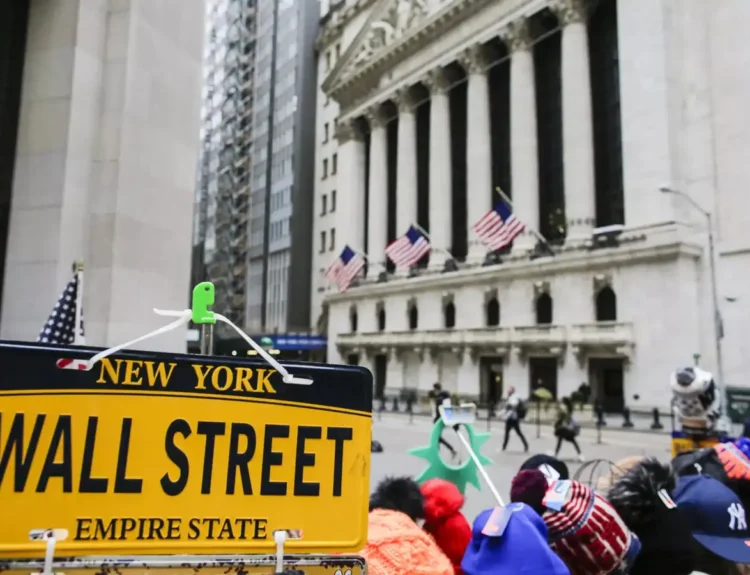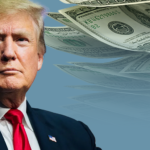A wave of pessimism is sweeping Wall Street this week as investors question the US economy’s reliability and its standing in global markets. The phrase “Sell America” is trending among traders, reflecting a move away from U.S. assets, particularly long-term government bonds, favouring safer or more stable global options.
At the center of the concern: America’s growing national deficit, mounting debt costs, and rising political and economic uncertainty.
Treasury Yields Spike Amid Weak Demand
On Wednesday, the U.S. Treasury attempted to sell $20 billion worth of 20-year bonds — but the auction received weaker-than-expected demand. The government was forced to offer a higher yield of over 5%, signaling increased investor concern and reduced appetite for U.S. debt.
Yields on 30-year Treasuries also spiked above 5%, a rare and unsettling move. Rising yields mean higher interest costs for the U.S. government — and higher borrowing costs for consumers across the board, from mortgages to auto loans.
Credit Downgrade Adds Fuel to the Fire
These developments follow Moody’s recent downgrade of the United States’ credit rating, which cited the growing national deficit, now nearing $2 trillion. The agency also flagged concerns over President Trump’s new budget bill and tax extension plans, warning that these would worsen the long-term fiscal outlook by slashing revenue without cutting spending.
“We do not believe that material multi-year reductions in mandatory spending and deficits will result from current fiscal proposals under consideration,” Moody’s wrote.
ECB, Analysts Warn of Tariff Risks
Adding to the volatility, the European Central Bank issued a rare warning this week, stating that Trump’s aggressive tariffs and unpredictable trade policies pose risks not just to the U.S., but to global financial stability.
“Frequent shifts and reversals in tariff policy, alongside significant changes in the geopolitical environment, could have major economic and financial impacts,” the ECB said.
The End of US Exceptionalism?
Winnie Cisar, Global Head of Strategy at CreditSights, says what’s happening now represents more than short-term selling.
“The ‘Sell America’ trade represents a whole change in narrative around U.S. economic exceptionalism,” she said, pointing to a shift in how global investors view the U.S. as a destination for capital.
According to Cisar, investors now believe the U.S. may no longer be the safe haven it once was.
The combination of soaring debt, rising yields, trade tensions, and political uncertainty is shaking the foundation of what many long considered the safest market in the world. As Wall Street increasingly questions U.S. creditworthiness and global leadership, the “Sell America” trend may just be getting started.
Disclosure: This article does not represent investment advice. The content and materials featured on this page are for educational purposes only.
Related:
Trump’s ‘Big, Beautiful Bill’ Moves Forward — But Sparks Backlash Over Debt and Benefit Cuts
Bloomberg Terminal Outage Disrupts Bond Auctions Across Europe
Weak 20-Year Treasury Auction Sends Yields Higher and Stocks Tumbling
Nvidia CEO Slams Biden’s AI Chip Export Curbs as a “Failure,” Backs Trump’s Reversal
White House: China Will ‘Absorb’ Tariffs — Not US Consumers
Bostic Warns on Moody’s Downgrade, Inflation Risk — Leans Toward One Cut
Nvidia Expands in China & Taiwan as US Export Rules Tighten
Earnings Calendar, Fed Speech, Housing Data: What to Watch This Week
UK overtakes China as second-largest US Treasury holder
CERN Scientists Turn Lead into Gold — Why This Is Bigger Deal for Bitcoin Than You Think
Nvidia, Cisco, Oracle and OpenAI are backing the UAE Stargate data center project
Trump vs. Tim Cook: Apple’s Global Strategy Sparks Debate Over Economic Patriotism and AI Security
US and EU break impasse to enable tariff talks
China Tightens Control Over AI Data Centers
Trump: US will set new tariff rates, bypassing trade negotiations










